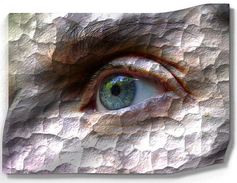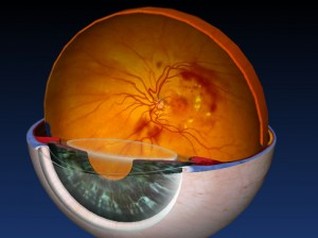
Spring is here and allergies are going to be in full swing within a few weeks. I always see a dramatic increase in eye infections this time of the year secondary to contact lenses and allergies. Pollen from flowers and trees causes the release of histamine and other inflammatory mediators in the body and the eyes.
Some people find that their symptoms can be amplified if they are wearing contacts lenses. Contacts also increase the chance of getting an eye infection. There are a few things I always recommend doing this time of the year to help prevent an allergic reaction or infection:
Some people find that their symptoms can be amplified if they are wearing contacts lenses. Contacts also increase the chance of getting an eye infection. There are a few things I always recommend doing this time of the year to help prevent an allergic reaction or infection:
- Don’t sleep in your contacts at night because it creates a warm moist environment for bacteria to thrive in
- Throw your contacts away when your doctor says you should and don’t stretch the life of them because they clog up with debris and don’t let your cornea breathe good enough
- Ask the Dr if you are a candidate for daily disposable contacts so there is no re-exposure to allergens building up
- Clear Care contact lens solution removes proteins on contacts better than other passive multi-purpose solutions
- Use an antihistamine eye drop like Lastacaft or Pataday daily
- Start taking an antihistamine pill like Zyrtec, Allegra, or Claritin every day
- Above all-- if your eye is red and irritated, take your contacts out and give your eyes a break. If you wear contacts with a red irritated eye you are asking for an infection.



 RSS Feed
RSS Feed
